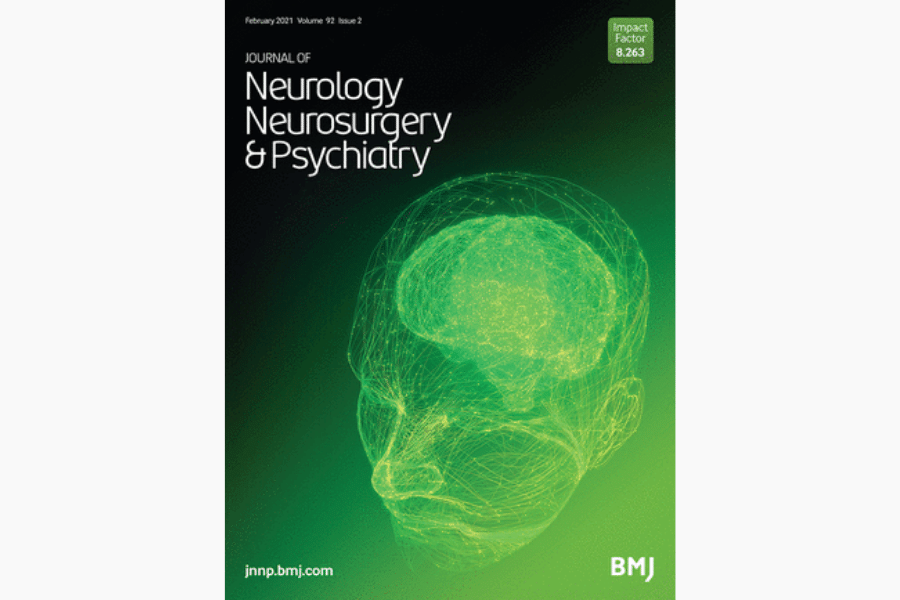
Predicting loss of independence and mortality in frontotemporal lobar degeneration syndromes
Journal of Neurology, Neurosurgery & Psychiatry
Fecha de publicación: 9 de febrero de 2021
Autores: Alexander G Murley, Matthew A Rouse, Ian T S Coyle-Gilchrist, P Simon Jones, Win Li, Julie Wiggins, Claire Lansdall, Patricia Vázquez Rodríguez, Alicia Wilcox, Karalyn Patterson, James B Rowe
DOI: 2021;92:737-744
Background: To test the hypothesis that in syndromes associated with frontotemporal lobar degeneration, behavioural impairment predicts loss of functional independence and motor clinical features predict mortality, irrespective of diagnostic group. Methods: We used a transdiagnostic approach to survival in an epidemiological cohort in the UK, testing the association between clinical features, independence and survival in patients with clinical diagnoses of behavioural variant frontotemporal dementia (bvFTD n=64), non-fluent variant primary progressive aphasia (nfvPPA n=36), semantic variant primary progressive aphasia (svPPA n=25), progressive supranuclear palsy (PSP n=101) and corticobasal syndrome (CBS n=68). A principal components analysis identified six dimensions of clinical features. Using Cox proportional hazards and logistic regression, we identified the association between each of these dimensions and both functionally independent survival (time from clinical assessment to care home admission) and absolute survival (time to death). Analyses adjusted for the covariates of age, gender and diagnostic group. Secondary analysis excluded specific diagnostic groups.



